Keywords: Investment
There are more than 200 results, only the first 200 are displayed here.
-
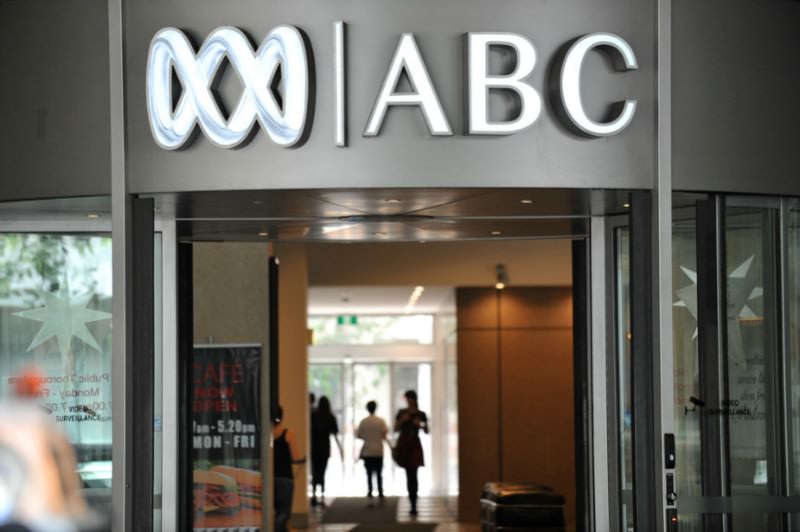
MEDIA
- Rohan Salmond
- 01 June 2017
28 Comments
Reports that the ABC will no longer require the head of the religion unit to be a religion specialist are more than a little surprising. The ABC has a commitment in its charter to 'reflect the cultural diversity of the Australian community'. Without religion reporting from people with specialist journalistic backgrounds, the ABC jeopardises its ability to fulfil its ongoing functions and responsibilities. Like it or not, religion still plays a huge part in public life in Australia, which affects the lives of everyone.
READ MORE 
-
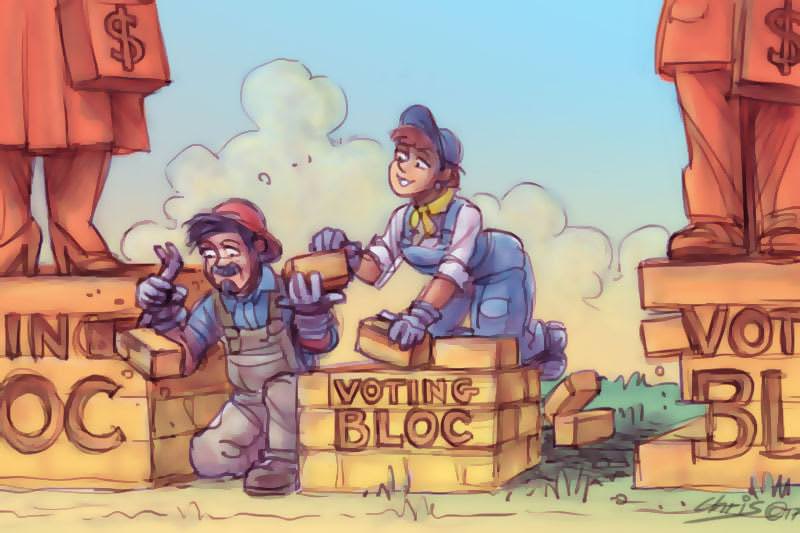
AUSTRALIA
- Ann Deslandes
- 26 May 2017
4 Comments
Wealth inequality in Australia is flourishing. The top one per cent of household wealth in Australia is moving toward being 20 per cent of total wealth, and the country is a preferred destination for millionaires. With a government that prefers to impoverish and vilify the disadvantaged and spend big on coal mines, this does not look likely to shift. But there are always other paths to social justice, and in Australia one may be through the millionaires - or at least the companies on which their fortunes are built.
READ MORE 
-
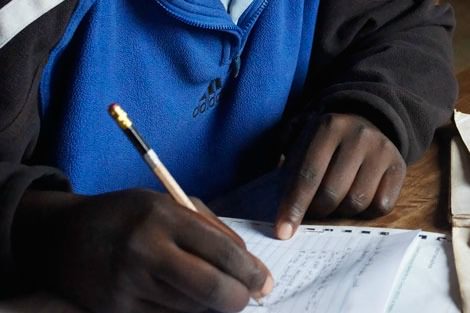
INTERNATIONAL
- David Holdcroft
- 12 May 2017
4 Comments
Alain is one of around 11,000 people living in this particular camp in the south of Zimbabwe. It seems an unlikely location to talk of the freeze on funding for Australian foreign aid announced in the budget, but it is in places like these, unseen and therefore unknown by the Australian population, that the effects are often felt. Alain is lucky: the camp where he lives has good education. Worldwide however, only 50 per cent of children in forced migrant situations will attend primary school, 22 per cent secondary and a paltry 1 per cent any institution of higher learning.
READ MORE 
-

ENVIRONMENT
- Francine Crimmins
- 11 May 2017
7 Comments
When Scott Morrison announced the 2017-18 Budget this week there was one phrase he didn't dare to utter in his meticulously written and rehearsed speech. It's just two short words, climate change, but when used together they conjure a public debate even our minister for the environment gets tongued tied over. Morrison's omission of climate change in the federal budget has set a tone of ignorance to improving energy policy in a meaningful way.
READ MORE 
-
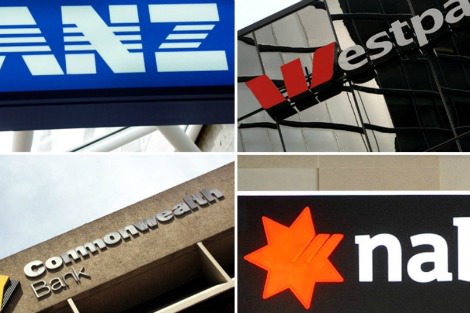
ECONOMICS
The $6.2 billion the government will raise through a levy on bank liabilities not only shows how out of favour banks have become, it is also, in effect, a de facto tax on property lending - a counterbalance to negative gearing and capital gains tax breaks. It is a tax on property lending because nearly all the banks' loans are mortgages for housing, or business loans secured with property. Of course the banks will pass the extra cost on to their customers, so it becomes a tax on borrowers.
READ MORE 
-

AUSTRALIA
- Julie Edwards
- 10 May 2017
5 Comments
'Labor-lite' or not, there are many investments contained in the budget which will work towards a more just society, including the securing of funding for the National Disability Insurance Scheme by raising the Medicare levy, and the needs-based approach to school funding, dubbed 'Gonski 2.0'. But among these commitments that seek to create a more equitable Australia, this budget again seeks to vilify welfare recipients, among the most vulnerable members of our community.
READ MORE 
-
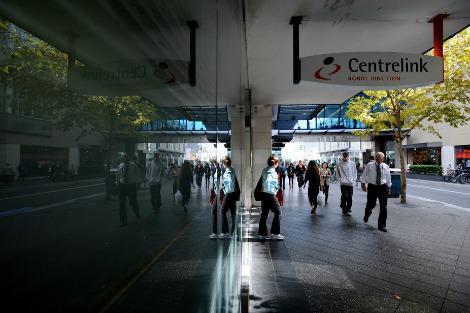
AUSTRALIA
It would be nice to believe, as the Treasurer wants us to, that better times are around the corner. But while wages stagnate and company profits surge, inequality is at its highest since the 1950s. This is not going to get any better any time soon. By 2019, the highest income earners will have received an effective tax cut of 1.5 per cent compared to all other taxpayers who will be paying an extra 0.5 per cent. For young people especially, Budget 2017 boosts inequality instead of building a better future.
READ MORE 
-

RELIGION
- Frank Brennan
- 08 May 2017
1 Comment
Our Church is presently a strained, outdated social institution with an exclusively male hierarchy and clergy. But it is also the privileged locus for us to be called to the banquet of the Lord sharing theology and sacrament which have sustained the hearts and minds of similar pilgrims for two millennia. Thank God for Pope Francis who is showing us the way, helping us to find meaning in our changing and chaotic world, putting a fresh spring in the step of all those Catholics holding in tension the prophetic and the practical, the theological and the humanist, the tradition and the contemporary reality.
READ MORE
-
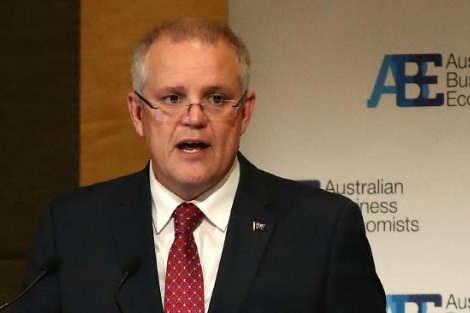
AUSTRALIA
- Frank Brennan
- 07 May 2017
7 Comments
Part of the cost of the double dissolution election last July has been the creation of a Senate with the largest, most diverse group of crossbenchers ever. This will make the passage of any new contested Budget measures difficult, particularly given the Prime Minister’s vulnerability on his right flank, and the Labor Party's propensity to mimic the Opposition tactics adopted previously by Tony Abbott. The government needs to create a clear narrative as to how it will achieve equitable and sustainable growth through this Budget.
READ MORE 
-
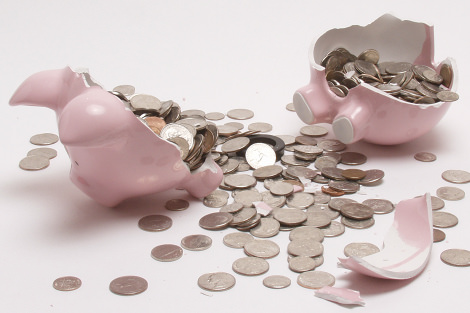
AUSTRALIA
- Francine Crimmins
- 14 April 2017
15 Comments
As a millennial, I frequently find myself being told to stop complaining about housing affordability. It's all about working harder, saving more and, for goodness' sake, keeping off the avocado. As a young person, I'm concerned about using super, a system which was put aside for our economic welfare in retirement, as a savings account for instant gratification. The government is trying to solve the housing crisis not through direct action, but by encouraging young people into lifelong debt.
READ MORE 
-
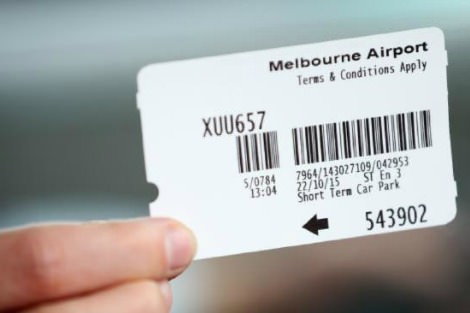
ECONOMICS
- David James
- 04 April 2017
13 Comments
It is increasingly evident how pernicious the privatisation myth is. Two recent examples have underlined it: the failings in Australia's privatised energy grid and the usurious pricing in airport car parks. Both demonstrated that it is folly to expect a public benefit to inevitably emerge from private profit seeking. The purpose of government funded public infrastructure is not to make profits but to lower the cost of doing business, sometimes called the socialisation of the means of production.
READ MORE 
-
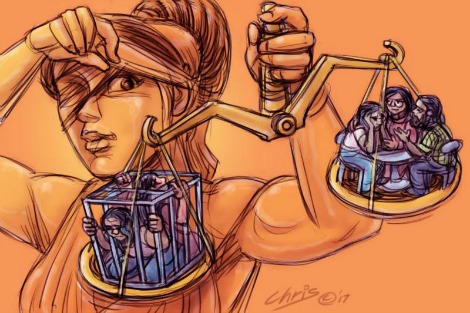
AUSTRALIA
- Ann Deslandes
- 31 March 2017
10 Comments
Australia was rated as the top destination for millionaire migrants in 2016 for the second year in a row. Meanwhile the latest Australian Institute of Health and Welfare reveal high correlations between prison entrance and indicators of entrenched poverty and discrimination. If we want our system for justice to amount to something more than a mirror of our inability to distribute wealth and opportunity evenly, we need to address the undeniable role wealth inequality has in putting people in prison.
READ MORE 